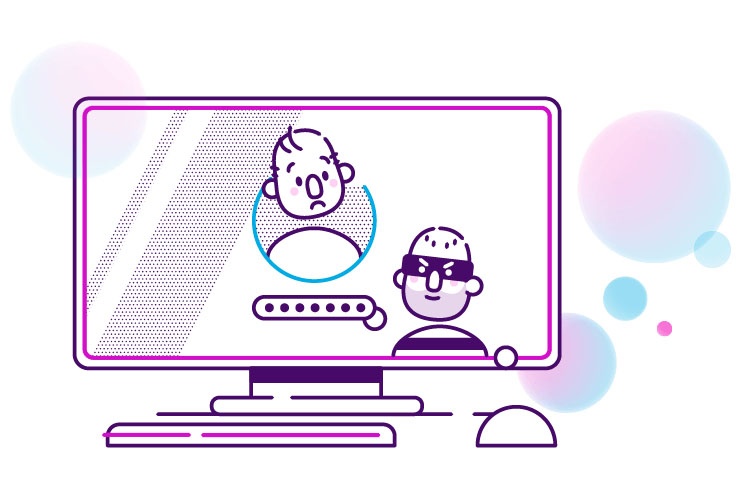
Our top tips for securing yourself online
It's important to always protect yourself online, take a moment to read our top tips.
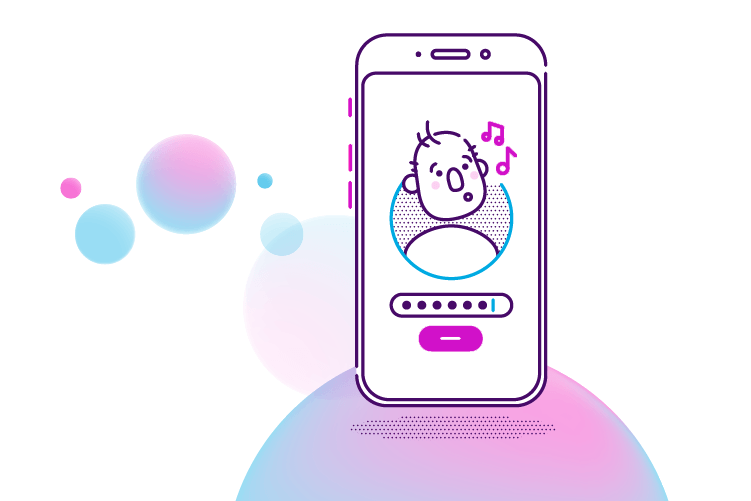
Account passwords
A secure password is one of the best ways to protect your data online. Did you know that the 25 most common passwords make up 10% of all online passwords, these include “123456”, “password”, “qwerty” and “admin”. Be creative with your passwords: try to include uppercase and lowercase letters, numbers and punctuation marks. Make an effort to use different passwords for different apps and services. And never share your passwords with anyone or write them down anywhere.
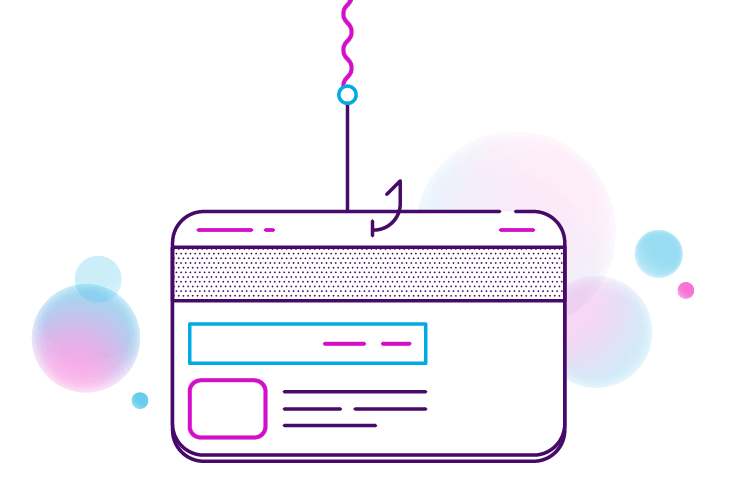
Be wary of phishing emails
These mails appear to come from a well-known organisation and ask for your personal information — such as credit card number, social security number, account number or password - and will often use the logo of a reputable company in order to trick you in to thinking it is a legitimate communication. Most organisations such as financial institutions and organisations like eir will never ask for personal details via email. If you are suspicious of an email do not respond or click on any links within the email.
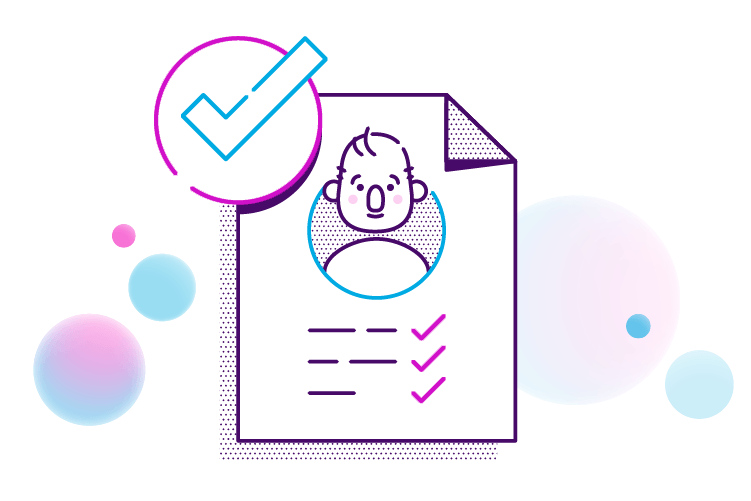
Keep your details updated
Your data should always be kept up to date and if your data changes you should always let relevant organisations know where necessary. If you move house and do not update your address with a utility provider, for example, they may send details to the wrong address. Likewise, if you receive electronic invoices from a company it’s always best to ensure that your email address is accurate.
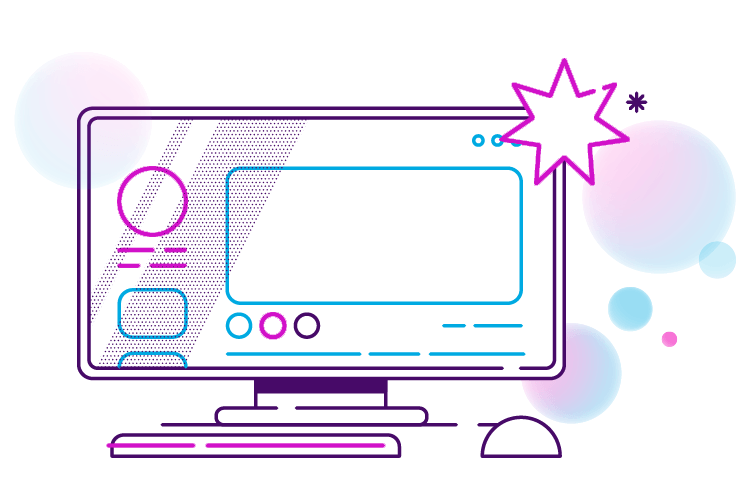
Make sure you patch your software
When you purchase an internet capable device like a modem or a mobile phone they will include a version of software. Software manages how your device runs and reacts so it's important that you are running the most up to date software. These updates will not only ensure your device performs well, they also enhance the security of your devices and patch any known vulnerabilities. Most devices will have a dedicated section for checking if updates are available and some will do this automatically for you.
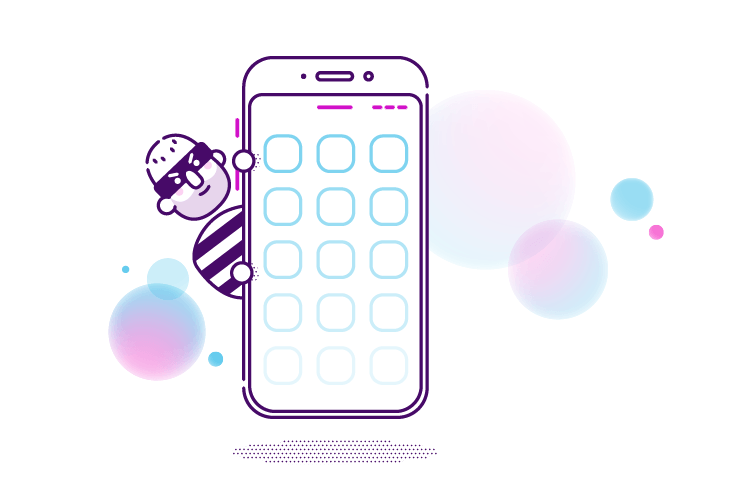
Choose applications carefully
Sites such as Apple App Store and Google Play are generally considered to be safe sites to download apps. However, it's a good idea to thoroughly review any app you are going to download: check the feedback or reviews of the app and take note of how many times it's been downloaded. This will give you a good indication of the trustworthiness of the app.
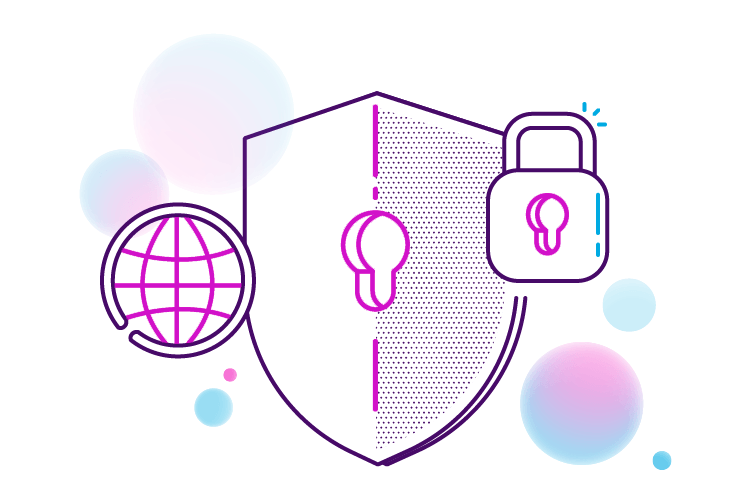
Keep on top of online security
You should always ensure that your network password is only known by you and people you trust.
You should always be vigilant using public Wi-Fi even if it is password protected, as you are sharing a connection with other people.
Secure websites will often display a padlock in the search bar. This is a typical indicator that the site you are on has adequate security protocols in place.
We advise you to use anti-virus protection, which can protect you from viruses and hackers.
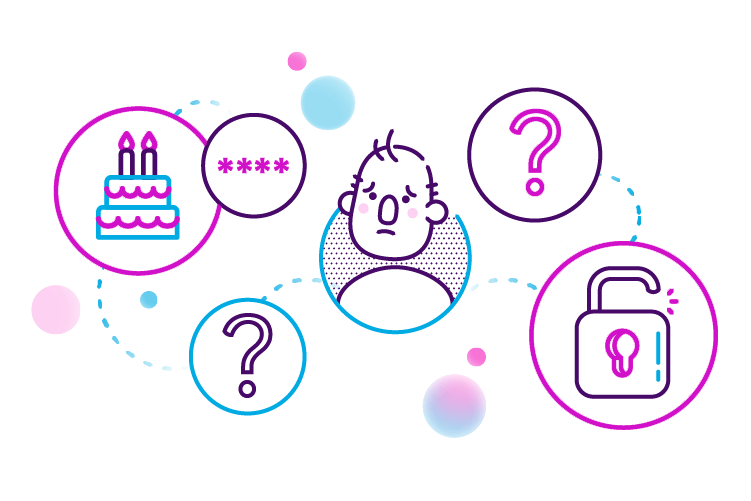
Don't give too much away in your account usernames
When creating a username be careful not to include too much information. For example, “firstname.surnameD.O.B” reveals too much personal information. Consider using an initial and surname, and never include your date of birth in a username.